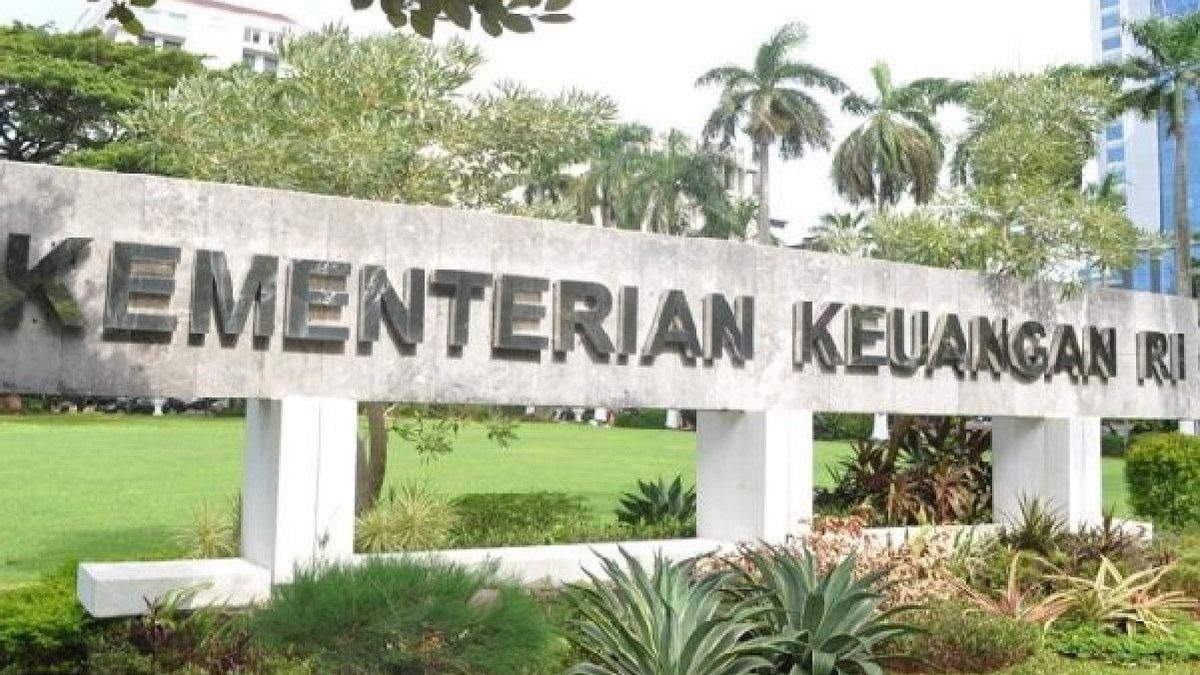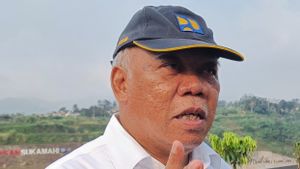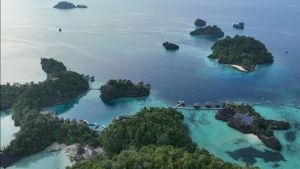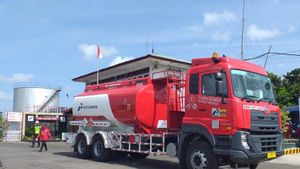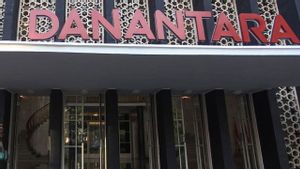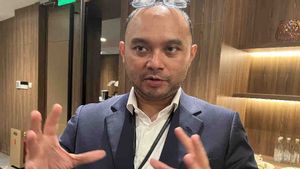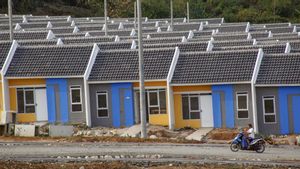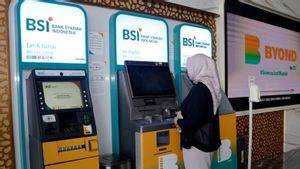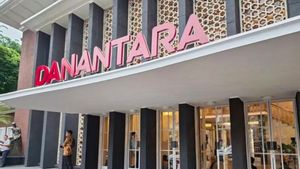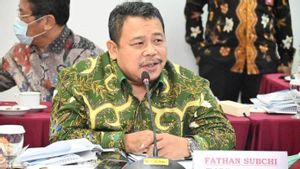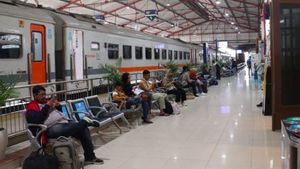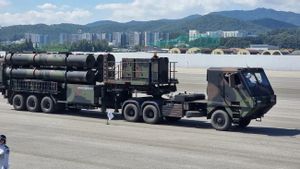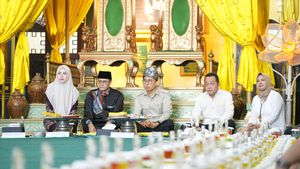JAKARTA - The Ministry of Finance (Kemenkeu) said that the development of free trade zone facilities and special economic zones (KEK) has an important role in spurring economic growth in Batam, Riau Islands.
Head of the Regional Office of the Directorate General of Treasury (DJPB) of Riau Islands Province, Indra Soeparjanto, assessed that the two facilities were able to attract more investors to build new industries in Batam.
"With these facilities, investors entered here (Batam). From the Batam Authority era, then FTZ became FTZ, and then SEZ, the more industries entered, the more the economy continued to grow," said Indra as quoted by ANTARA, Wednesday, June 27.
Batam's economic growth was recorded at 5.01 percent in the first quarter of 2024, mainly supported by the large number of processing industries in the area.
Indra said Batam contributed 65 percent of the Riau Islands gross regional domestic product (GDP), making it the largest contributor in the province.
The processing industry is also still the largest component forming GRDP based on the business field group with a share of 41.47 percent or Rp35.49 trillion.
On the same occasion, Director of Communication and Guidance for Customs and Excise Service Users Nirwala Dwi Heryanto explained geographically, Batam has an advantage because it is located on an international shipping route and is directly adjacent to Singapore and Malaysia.
This makes Batam very potential to be developed from an economic perspective, in line with Batam's vision to become a modern, competitive, and attractive middle world dealer for investment.
"In addition to attracting investment and increasing industrial competitiveness, providing fiscal and procedural incentives is also a Customs commitment to the implementation of the trade facility function and industrial assistance," said Nirwala.
FTZ Batam was set in 2007 aimed at encouraging international trade traffic activities, which bring in foreign exchange for the country and create jobs.
Batam-free trade areas include Batam Island, Watch Island, Setokok Island, Nipah Island, Rempang Island, Galang Island, and Galang Baru Island.
In these areas, various sectors are experiencing rapid developments, such as manufacturing, electronics, shipyards, tourism, and logistics industries.
"For free areas, we provide fiscal incentives in the form of exemption from import duties and not collecting taxes (PDRI) for the income of goods from abroad to free areas, and VAT is not collected for the income of goods from other domestic areas into free areas," explained Nirwala.
Other facilitated areas in the Batam area, namely the SEZ, have the aim of accelerating economic development in certain strategic areas for national economic development and maintaining the balance of economic development in each region in the unity of the national economy.
Currently, in the Batam area, there are three SEZs. First, the Batam Aero Technic SEZ in Nongsa District with business activities including production and processing; logistics and distribution; research, digital economy, and technology development; and/or other economies.
Second, SEZ Nongsa in the northern region of Nongsa District which has research business activities, the digital economy, and technology development; tourism; education; creative industry; and other economies.
Meanwhile, the Tanjung Sauh SEZ in the northern region of Nongsa District, has production and processing business activities.
"In addition to the three SEZs in Batam that have been determined, the government through the SEZ Secretariat is also processing the proposal for two new SEZs, namely the Nipa SEZ in the Nipa Island area and the Batam Health SEZ in Sekupang and Nongsa, Batam Island," added Nirwala.
SEE ALSO:
For SEZs, fiscal incentives provided by Customs and Excise include exemption from import duties and not collecting PDRI for the import of capital goods in the context of the construction and development of SEZs; suspension of import duties and PDRI for the income of raw materials in the context of SEZ operations, and tax holidays and tax allowance facilities for investments with a certain minimum value.
Then, for non-fiscal incentives in the form of ease of one-stop business licensing through the SEZ administrator; regulation of restrictions; ease of immigration and employment.
"Compared to facilities in other facilities, facilities in SEZs are ultimate because apart from including customs fiscal facilities and tax incentives, SEZs are also supported by non-fiscal facilities in the form of ease of business licensing," he said.
The English, Chinese, Japanese, Arabic, and French versions are automatically generated by the AI. So there may still be inaccuracies in translating, please always see Indonesian as our main language. (system supported by DigitalSiber.id)
